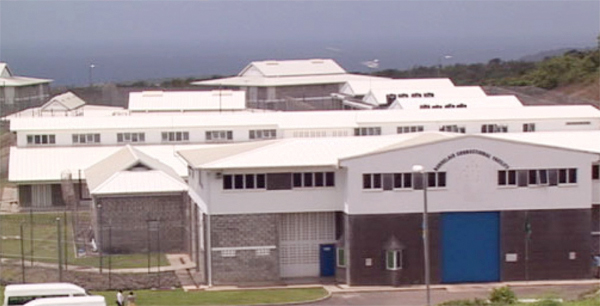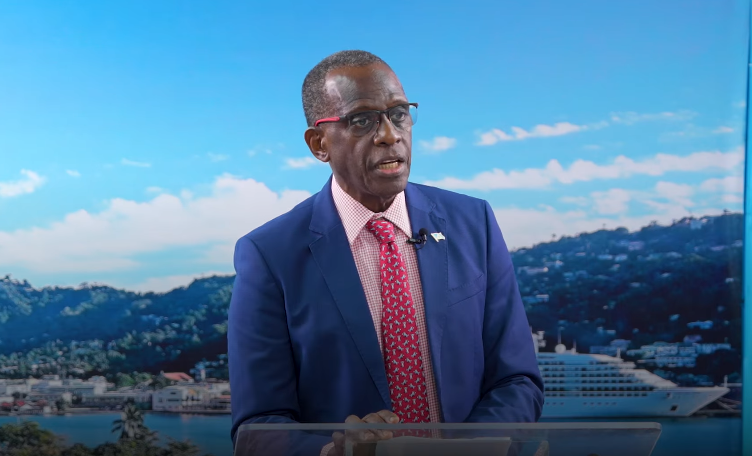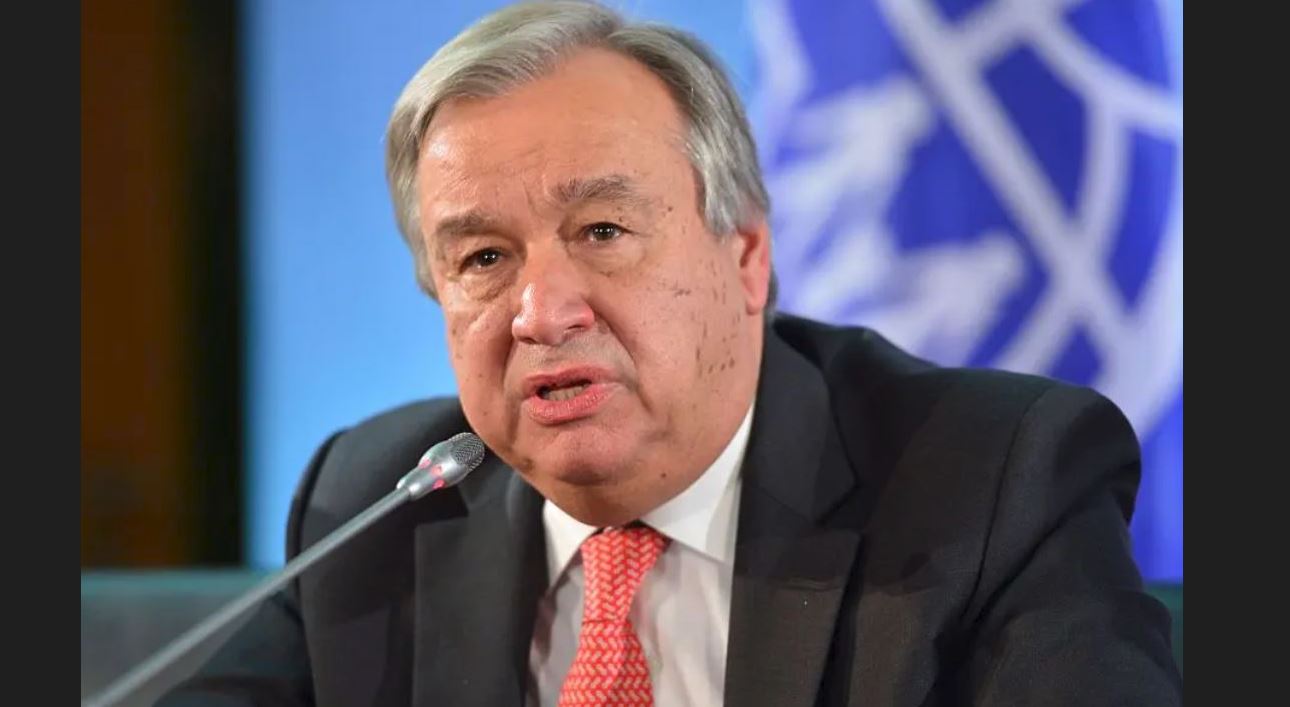

Acting Deputy Director of Corrections at the Bordelais Correctional Facility (BCF), Chris Felix has raised concerns about overcrowding at the island’s maximum security prison and delays in the justice system.
In his report presented to the High Court, Felix highlighted the ongoing challenges faced by the penal institution.
His detailed presentation to an audience that included judges, defence attorneys, police officers, prosecutors, and other key stakeholders underscored the strain the BCF is experiencing. As of December 18, the facility was operating at 95 per cent capacity, housing 579 inmates. Among those, 373 are remand prisoners, many of whom face lengthy delays in trial and hearings.
“Rehabilitation is the overarching responsibility of the Bordelais Correctional Facility, but overcrowding remains a major concern,” he said.
The inmate population includes 184 on charges of murder or causing death, 23 for attempted murder, 37 for assault-related crimes, 70 for weapons and ammunition offences, and 80 for sexual offences. There are 10 foreign nationals from countries including the United States, Venezuela, and Jamaica.
Felix pointed out that many inmates are affected by delays in the judicial process. Currently, 175 inmates await sufficiency hearings at the High Court, and a large number of cases are still pending in lower courts. Despite 78 court attendances, many of which have been conducted via Zoom, delays persist.
“Residents with matters pending in the courts make up the majority of the population,” Felix pointed out, adding that the justice system and the BCF must collaborate more effectively to reduce delays and ease the pressure on the facility.
Despite these obstacles, the BCF has made strides in its rehabilitation efforts. Programmes on anger management, conflict resolution, and moral reconation therapy (MRT) have been widely implemented. An internship initiative, in partnership with organisations like Caribbean Quality Meats and Winner Chow Mein, has also enabled eight inmates to secure employment after being released from prison.
“We are committed to transforming lives,” Felix affirmed. “Our partnership with the Saint Lucia Social Development Foundation (SSDF) has supported community reintegration programmes, providing life skills training to inmates preparing for release.”
However, the report also highlighted the significant strain on the prison’s healthcare system. There were 813 nursing visits and 712 medical consultations during the reporting period, with 71 inmates requiring psychiatric care, 62 of whom are on medication.
Felix acknowledged the dedication of medical staff but stressed the need for additional resources to meet the complex healthcare needs of the inmate population.
The BCF provides 53,847 meals monthly, including specialised diets for inmates with conditions such as diabetes and hypertension. It is working toward greater self-sustainability, with agricultural initiatives cultivating tomatoes, cucumbers, and plantains, along with livestock farming that currently supports 107 animals.
Felix also reported on the educational programmes at the prison, which resumed in November with 67 students now enrolled in English, Mathematics, and Social Studies at the Caribbean Secondary Education Certificate (CSEC) level.
Court officials, including Justices Rohan Phillip and Georges Taylor, praised the thoroughness of the report. They noted the 0.2 per cent decrease in the prison population since the previous report on July 23, 2024, and welcomed the reinstatement of the educational programmes.
However, court officials sought clarification on how the effectiveness of rehabilitation programmes was being measured.
Concerns were also raised regarding the treatment of minors in conflict with the law. Two minors are currently on remand and are housed separately from the adult population, but questions remain about their long-term care.
Related News

PM Says Government Open to Discussion Amid PWA Concerns About Wage Negotiations

UN Chief Says World Unprepared For Next Pandemic

OECS Achieves Milestone In Standardised Reading, Mathematics Assessments


